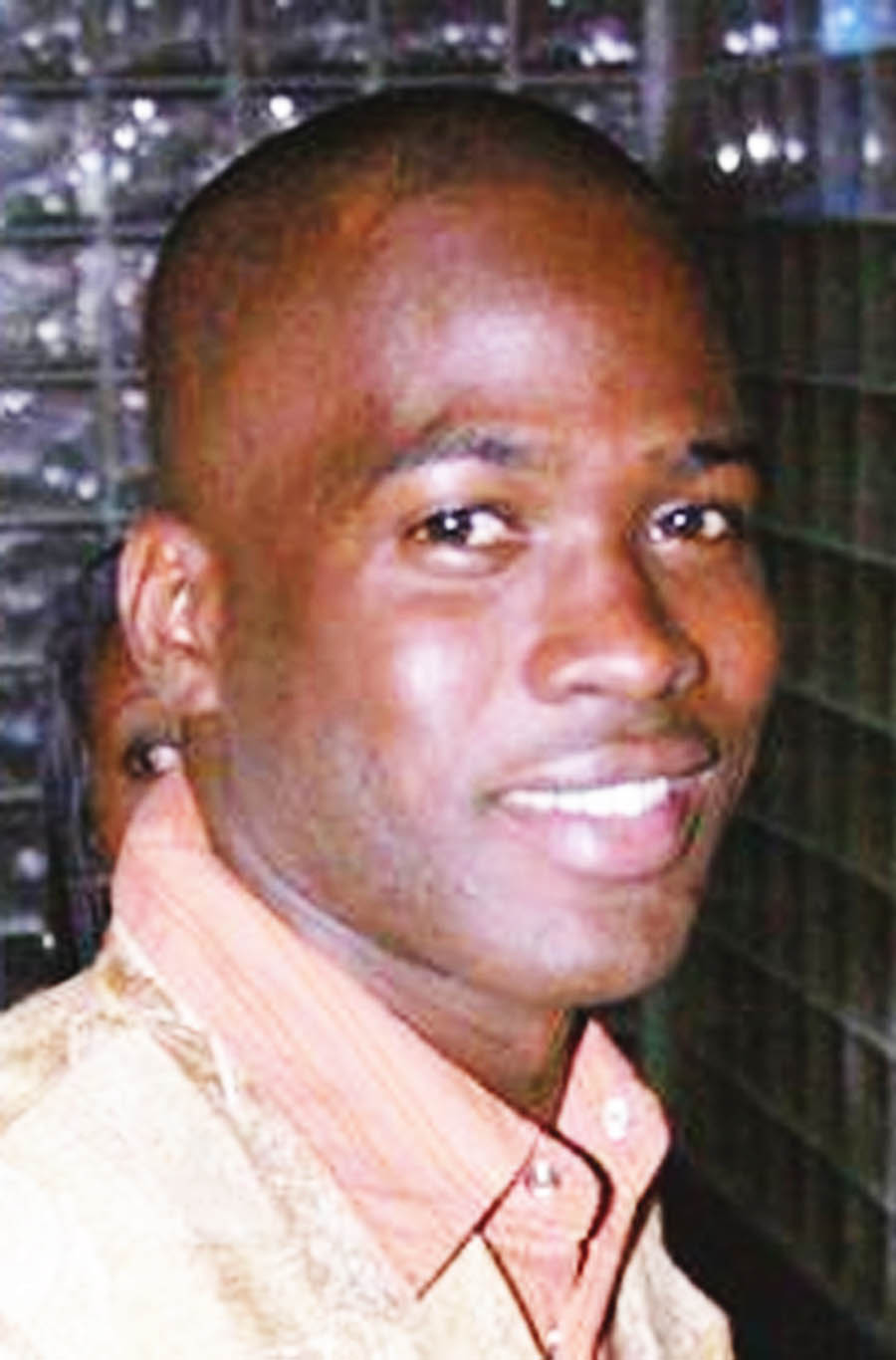Following an appeal, Guyanese businessman Ghalee Khan was late last month re-sentenced in the US to a term of just 18 months, almost two years after he was initially sentenced to nine years in prison for drug trafficking and bail jumping.
Judge Frederic Block on September 26th released Khan into the custody of US Court Marshals custody following the resentence as he would have already served more than the adjusted sentence as his original sentence was imposed in November of 2021. No supervised release was ordered.
It was in the same month he was sentenced that Khan through his lawyer appealed his sentence on a number of grounds.
Last month three circuit judges-namely Michael H. Park, William J. Nardini and Alison J. Natahn agreed with both the government and Khan’s defence team that “the district court procedurally erred by relying at sentencing on facts outside the record”.
“We agree with the parties that the district court’s error constitutes plain error, so we vacate Khan’s sentence and remand for de novo resentencing,” the three judges ruled, remanding the case to another judge and resulting in Justice Block giving the convict a much lower sentence.
According to court documents seen by this newspaper the government agreed with Khan “that this case should be remanded for resentencing” because “the district court relied on facts that were not in the record or contained within the [Presentence Investigation Report] in the case.”
“Here, the district court relied on the newspaper clipping, which was not in the record, to conclude that Khan has a `disregard for the law’ and `is a threat to the community’”, the document said.
It was stated as well that the district court did not provide an opportunity for Khan or the government to review the newspaper clipping or “a written summary” thereof. “Moreover, it is not clear from the record whether Khan had a meaningful opportunity to object to the district court’s use of the newspaper clipping during the hearing,” the document said.
Interestingly, Khan’s lawyer had applied to the court in a sealed motion for their arguments in the appeal to be sealed, however, this was partially denied.
“IT IS HEREBY ORDERED that the motion to seal the briefs entirely is DENIED but the motion to redact the briefs is GRANTED. The Clerk’s Office is directed to seal the parties’ principal briefs on the docket. The parties are directed to file new briefs with the proposed redactions within seven days of this order,” the court ruled.
Several pages and sections of the 30-page brief that was eventually filed were redacted and it is not clear on what grounds this was done since Khan’s motion for the document to be completely sealed was in fact a secret one with no public access to same.
Unreasonable
In their arguments (the parts that were unsealed) Khan’s defence contended that the initial sentencing was “substantively unreasonable, statistically anomalous and disproportionately disparate, and this should be vacated and remanded for new sentencing hearing”.
It was noted that Khan’s passport was seized in 2008 and he did not obtain a passport again until January 2020. In March of the same year he flew to the US where he was arrested.
According to Khan, through his lawyers, it is apparent that the sentence was imposed, without “ample consideration of the specific facts and circumstances surrounding the case.
“Lastly, because the sentencing judge failed to clearly articulate the sentencing Guidelines, range on record, this resulted in Mr (Khan) receiving an 87-month consecutive term on the failure to appear count while also facing Guidelines range that had already added two levels for obstruction of justice on the basis of same conduct,” it was argued.
It was added that it was unclear whether the sentencing judge was aware that the failure to appear count was already calculated as an obstruction of justice enhancement, as this fact was never stated on record. Furthermore, it is unclear that the judge was aware that a term of imprisonment for the failure to appear was not required.
The 72-month sentence imposed for Count Six, bail jumping, which runs consecutively with the 37-month sentence for Count One and Three, creates unwarranted disparities among similarly situated defendants, it was further said.
“Therefore, Khan’s 72-month sentence was imposed without consideration of the mitigating factors present for the sentencing of underlying drug offences, which surely renders it an offence that is out of the heartland of a typical bail jumping case,” the defence said.
It was also pointed out that in November 2020 when Khan was sentenced, the 37-month sentence was “anomalous” to the sentencing trends of the year which was an unprecedented time for the court. It was expounded that for the first time in recent history sentencing courts were tasked with delicately balancing the need to impose prison time with the obvious health concerns that were present within the penal system. While the judgment did not state this fact, that period was time when COVID-19 was rampant and many persons were dying.
The defence argued that statistics have indicated that sentencing for drug trafficking around that time was imposed 61.3% of the time and only 50% of the time within the Eastern District of New York in cases where defendants were eligible for non-prison sentencing.
The case
It was in November 2008, Khan and Danvor Griffith were jointly charged with drug trafficking and Khan was granted US$200,000 bail. He later skipped the country to Guyana.
An arrest warrant was subsequently issued for him after he failed to appear in a New York court. In the ten years he was here as a fugitive from US justice, Khan established business interests ranging from a clothing store to a security firm. Up the week of March 2nd 2020, he was present at the Guyana Elections Commission (GECOM) Command Centre as a Private Sector Commission (PSC) election observer. He left for the US a few days later.
Khan and Griffith were both busted on November 3rd, 2008, after a cocaine drop was allegedly made at a New York location. The two were reportedly tracked after leaving Guyana but were allowed to make the drop at the New York location where they were eventually picked up by federal agents.
From Guyana, Khan had sought to fight his charges through his lawyers and had filed a motion to have his drug trafficking case dismissed on speedy trial grounds but Justice Jack B Weinstein, a Senior United States District Judge, on November 1, 2017, had denied the motion.
The judge in the ruling had pointed out that Khan did not appear at the October 26, 2017 hearing in contravention of the court’s requiring his appearance.
“The United States Government ‘offered to assist the defendant in traveling to the United States’ for the hearing but the defendant declined,” the judge noted in the ruling.
In dismissing the motion, the judge pointed out that according to cited authorities, a fugitive “from justice may not seek relief from the judicial system whose authority he or she evades.” It was pointed out that persons abroad may be determined to be fugitives when they refuse to return to the US to face a criminal indictment.
Initially he had received the bulk of his sentence, 72 months (equivalent to 6 years) for skipping bail while he received 37 months (3 years one month) on two counts of drug trafficking. The judge ordered that the latter two sentences run currently meaning Khan would only serve 37 months. The judge had made it clear though that the six-year sentence is to run consecutively from that of the three-year sentence, hence Khan would have to spend nine years in prison.







